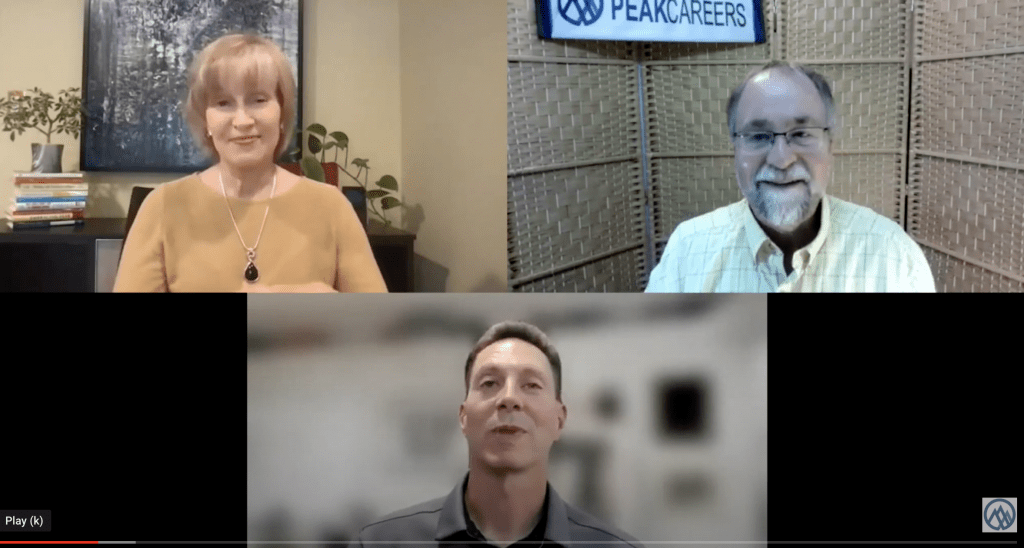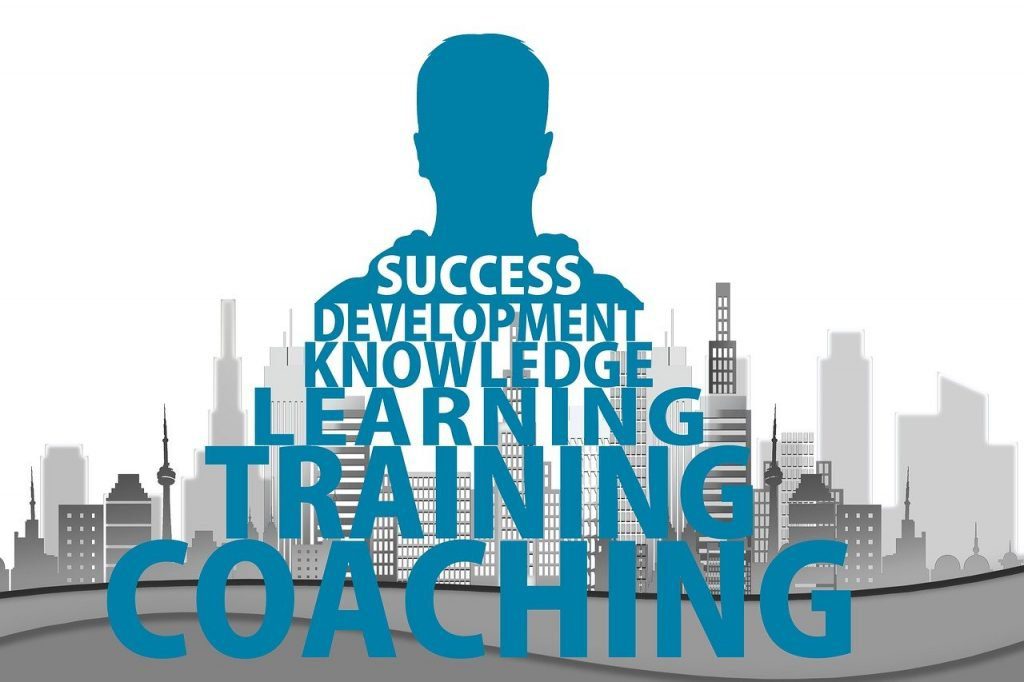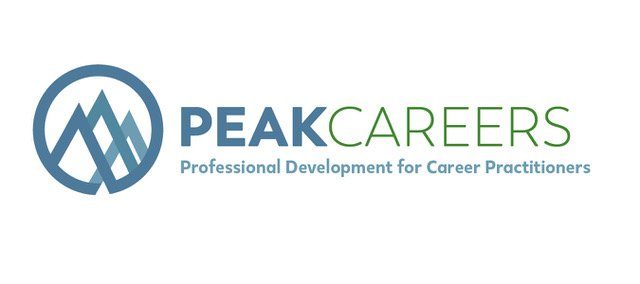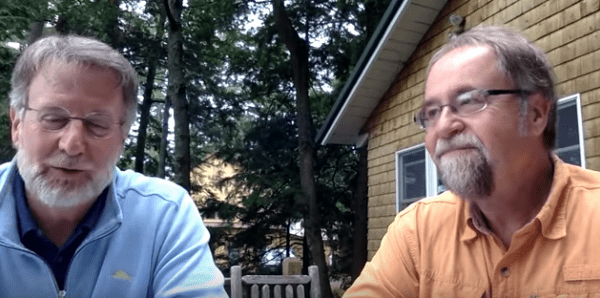As more people start or think about starting a career coaching business, we want to talk about how our businesses changed over the years
With a combined 60+ years of owning/growing our own business, you can learn how to start or grow your own. Like Virginia Franco one of our presenters said, “I wish I had had advice like this when I was starting out.“
I asked my panel these two questions
(1) Describe your coaching business when you started and what are the biggest changes you’ve seen
(2) What advice do you have for people who are developing or thinking about starting a business?
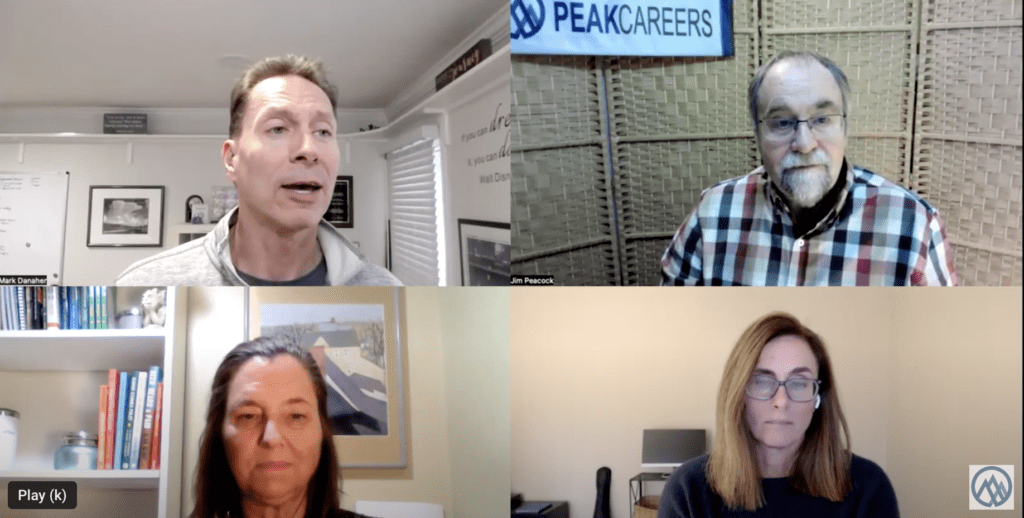
Interested in growing your business?
Check out this 5-week online seminar, Building Your Coaching Business
BIOS
Hannah Morgan is a trainer and job search strategist. She has worked in outplacement services, a graduate school career center, a Department of Labor one-stop, and as a recruiter/HR generalist. She is a nationally recognized author and speaker on job search trends and was previously a LinkedIn Top Voice in Job Search and Careers.
She founded CareerSherpa.net to combine her career expertise with her love of writing, speaking, and social media. Hannah is a regular contributor to US News & World Report. She has been quoted by media outlets, including Kiplinger, Forbes and Money Magazine. She is also author of The Infographic Resume and co-author of Social Networking for Business Success.
Hannah is active across social media including Twitter, Facebook, Instagram, and LinkedIn.
Mark Danaher, Owner of MarkDanaher.com
Mark Danaher is the founder of Mark Danaher Training and Coaching (www.markdanaher.com). He helps professionals gain career clarity and build confidence so they can achieve the impact they want in life. Mark has been a career counselor and coach for over 28 years helping professionals connect the dots to reduce stress, regain balance, and thrive in their life and career.
Through his private coaching practice, Mark presents workshops and training for career professionals, universities, businesses, and organizations thought out the United States. His commitment is to help people find the work and life they love and deserve. He has a passion for helping people reinvent themselves to be ready for their next adventure. Mark has been teaching the Facilitating Career Development course online for over 10 years and has taught the career course at the University of Connecticut.
He has been awarded the NCDA Fellows award which is one of the highest honors based on his work in career development. He was the President of NCDA in 2014-1015. He currently serves on the Training and Education Council of NCDA.
Virginia Franco. I am a multi-certified Executive Resume and LinkedIn Writer, Coach and Storyteller whose documents help clients to land interviews. I founded Virginia Franco Resumes years ago when recognizing my years of corporate communications, journalism and social work offered me a unique understanding of how people read, communicate and share information.
I co-founded Job Search Journey, the first digital marketplace for job search, to provide job seekers access to high-quality, highly-affordable job search tools from industry experts.
I help clients all over the world to tell their stories and test the job search waters – often for the first time in years or after deciding to make a career change.I’ve shared job search insight as the host of the Resume Storyteller podcast and in various publications and podcasts – including Job-Hunt, Ivy Exec, Business2Community.com, Jobscan, Career Sidekick, MedReps, Career Cloud and Career Metis. Website: HTTPS://VirginiaFrancoResumes.com
LinkedIn: https://www.linkedin.com/in/virginiafrancoresumewriter
Jim Peacock is the Principal at Peak-Careers Consulting and writes a weekly email for career practitioners. Peak-Careers offers discussion-based online seminars for career practitioners focused on meeting continuing education needs for CCSP, GCDF and BCC certified professionals as well as workshops for career practitioners and individual career coaching.
He is the author of A Field Guide for Career Practitioners: Helping Your Clients Create Their Next Move and The Adventure of Finding Me in New Zealand. He is also the recipient of the 2020 Kenneth C. Hoyt Award from the National Career Development Association and the Mid-Atlantic Career Counseling Association’s Professional Contribution’s Award in 2020.
Sign up to receive my TOP 10 TIPS WHEN WORKING WITH AN UNDECIDED PERSON. You will also receive the career practitioner’s weekly email on a variety of career topics, industry news, interesting events, and more. (Sign up)


